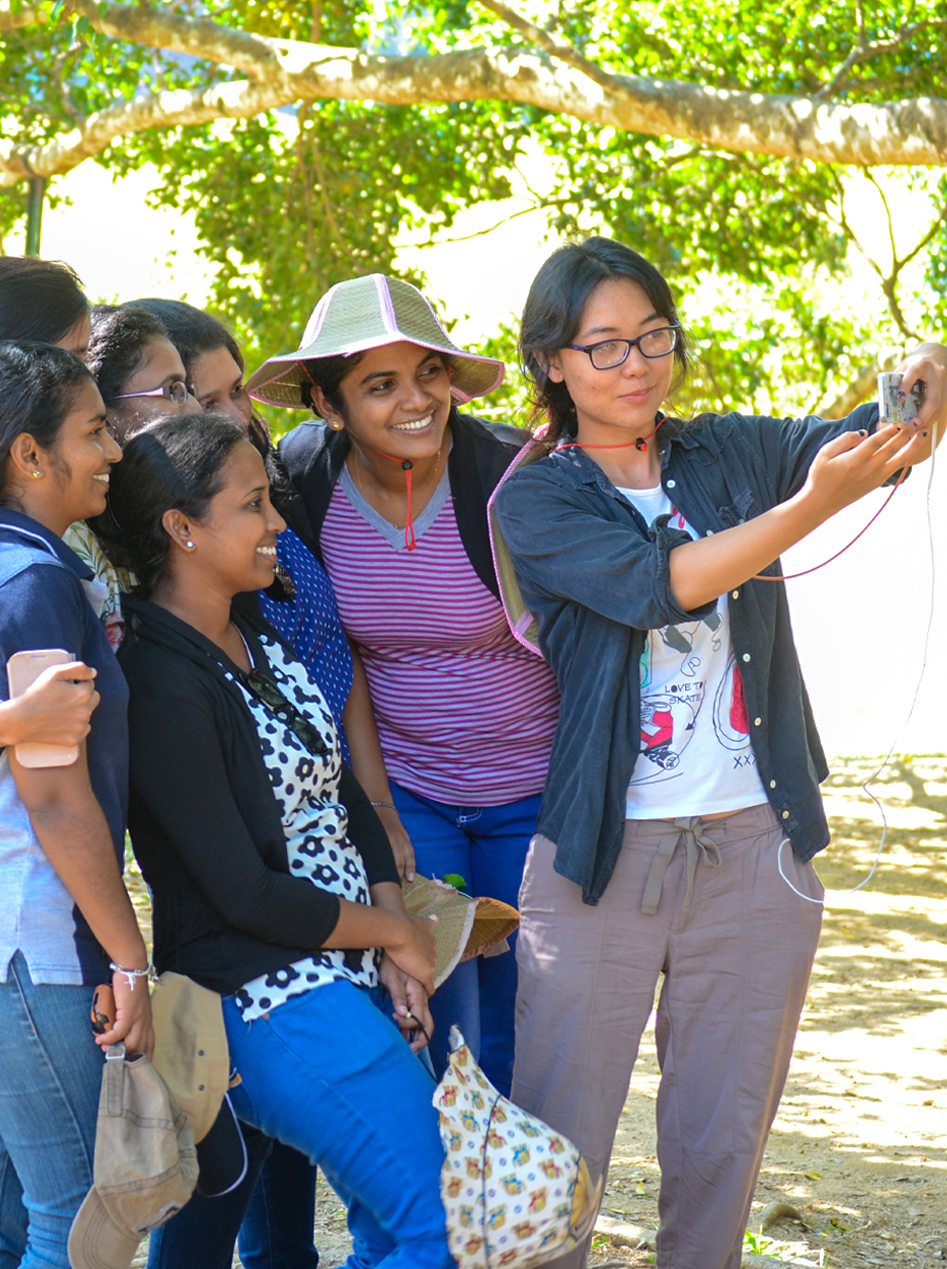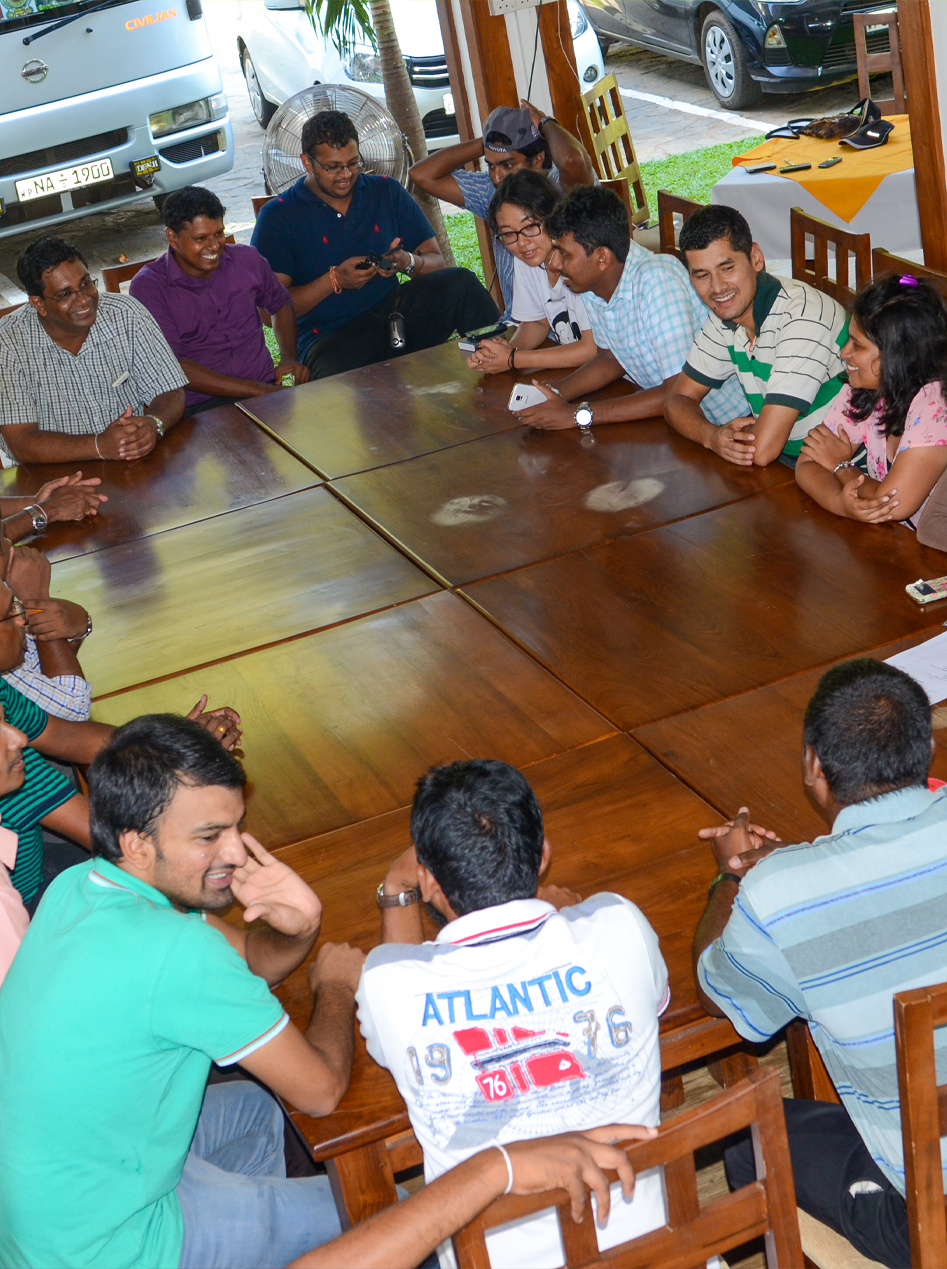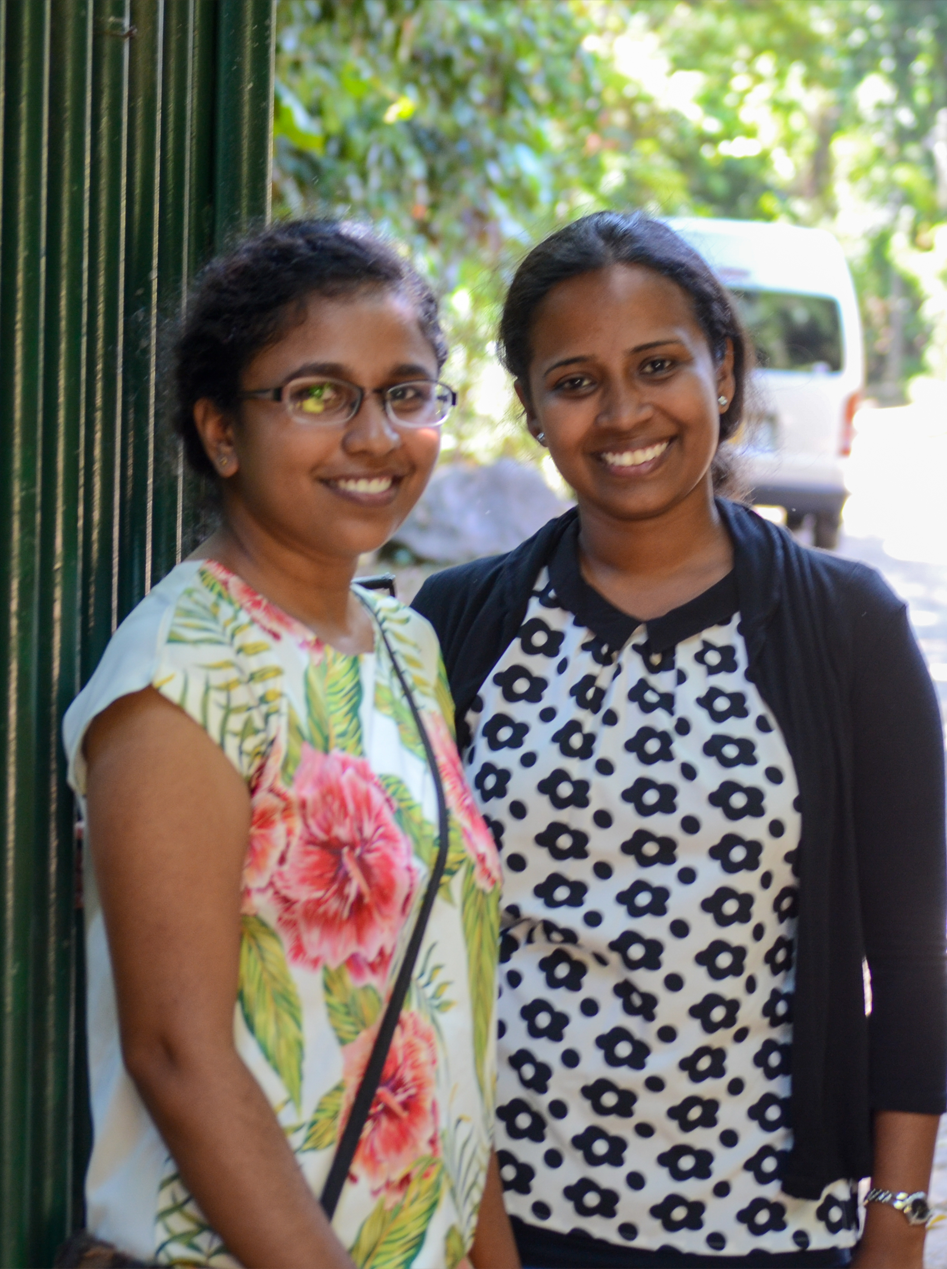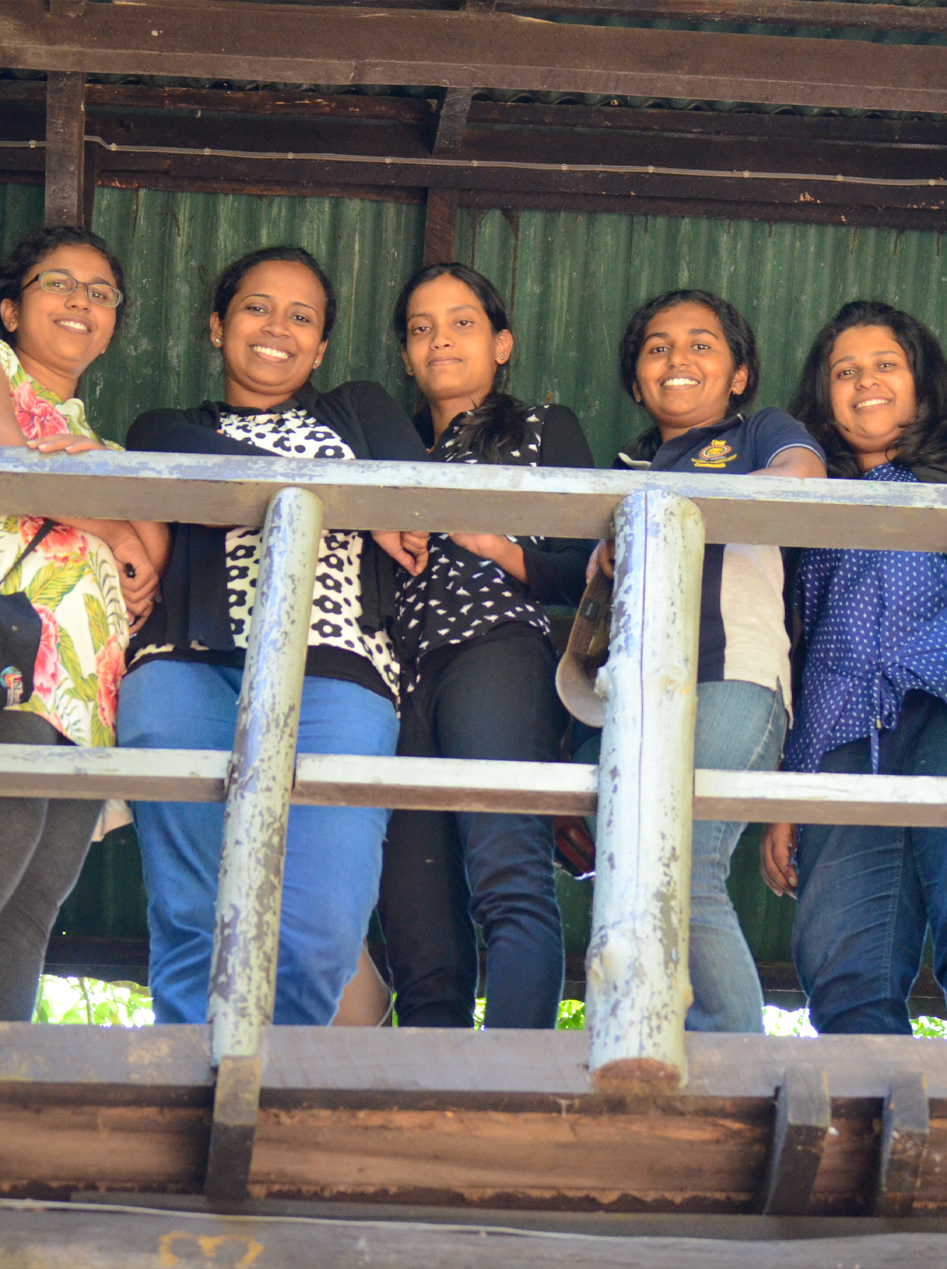Graduate Program Overview
Unlock the Power of Water Management for Sustainable Future
Welcome to the UNESCO Madanjeet Singh Centre for South Asia Water Management (UMCSAWM), where we believe in shaping future leaders in water resource management. In today’s world, water resource management is not just a career; it’s a calling. With the growing global challenges related to hydrology, water scarcity, water quality, and climate change, the need for well-trained professionals in this field has never been more critical.
Water is the lifeblood of our planet, and its responsible management is vital for both environmental sustainability and human well-being. The Master of Water Resource Management program equips you with the knowledge, skills, and expertise needed to address the complex water challenges of the 21st century. Here’s why this program is so important:
Global Water Crisis: We’re facing a global water crisis with increasing demands, diminishing resources, and environmental degradation. Managing water resources effectively is crucial for ensuring a sustainable future.
Environmental Stewardship: Water is interconnected with ecosystems. Sustainable water management practices are essential for protecting biodiversity, aquatic habitats, and overall ecosystem health.
Human Health and Livelihoods: Access to clean and safe water is a fundamental human right. Proper water management safeguards public health and supports livelihoods in agriculture, industry, and beyond.
Climate Change Adaptation: Climate change intensifies water-related challenges, including droughts and floods. Water resource managers play a pivotal role in climate adaptation and mitigation efforts.



Why Choose UMCSAWM for Your Masters?
At UMCSAWM, we stand out as a beacon of excellence in water resource management education. Here’s why you should choose us for your Master of Water Resource Management:
Interdisciplinary Approach: Our curriculum blends science, engineering, policy, and management to provide a holistic understanding of water resources. You’ll graduate with a well-rounded skill set to tackle real-world challenges.
Expert Faculty: Learn from experienced faculty members who are leaders in the field of water resource management. They bring a wealth of knowledge and practical insights to the classroom.
Research Opportunities: UMCSAWM offers research opportunities in collaboration with leading institutions. Engage in cutting-edge research projects and contribute to innovative solutions in the field.
Networking: Connect with a diverse community of local and foreign students, alumni, and industry professionals. Our network will support your career aspirations and provide valuable contacts.
Global Inclusivity and Scholarships
At UMCSAWM, we embrace diversity and actively encourage international students to join our community. We believe that addressing global water challenges requires a multicultural and collaborative approach. Our Master of Water Resource Management program warmly welcomes overseas students



Join UMCSAWM and Make a Difference
By choosing UMCSAWM for your Master of Water Resource Management, you’re not just gaining a degree; you’re becoming part of a global movement to address one of humanity’s most pressing challenges. Join us in making a difference, shaping policy, and preserving our planet’s most vital resource for future generations.
Are you ready to embark on this transformative journey with us? Apply today and become a leader in water resource management!
Admission and Eligibility
The minimum eligibility requirements for the master’s degree include an Honours Bachelor’s degree in a relevant field or equivalent qualifications from recognized universities. English language proficiency is required for candidates whose first degree was not in English. Selections are based on qualifications, experience, and performance in interviews.
Application Procedure
The application process involves submission of duly filled forms, academic certificates, work experience documents, English language proficiency certificate (if applicable), and other necessary documentation. The admissions cycle for local and international candidates occurs between April and May every alternate year.
Copyright © 2025 UNESCO Madanjeet Singh Centre for South Asia Water Management
WordPress Theme by WPZOOM
